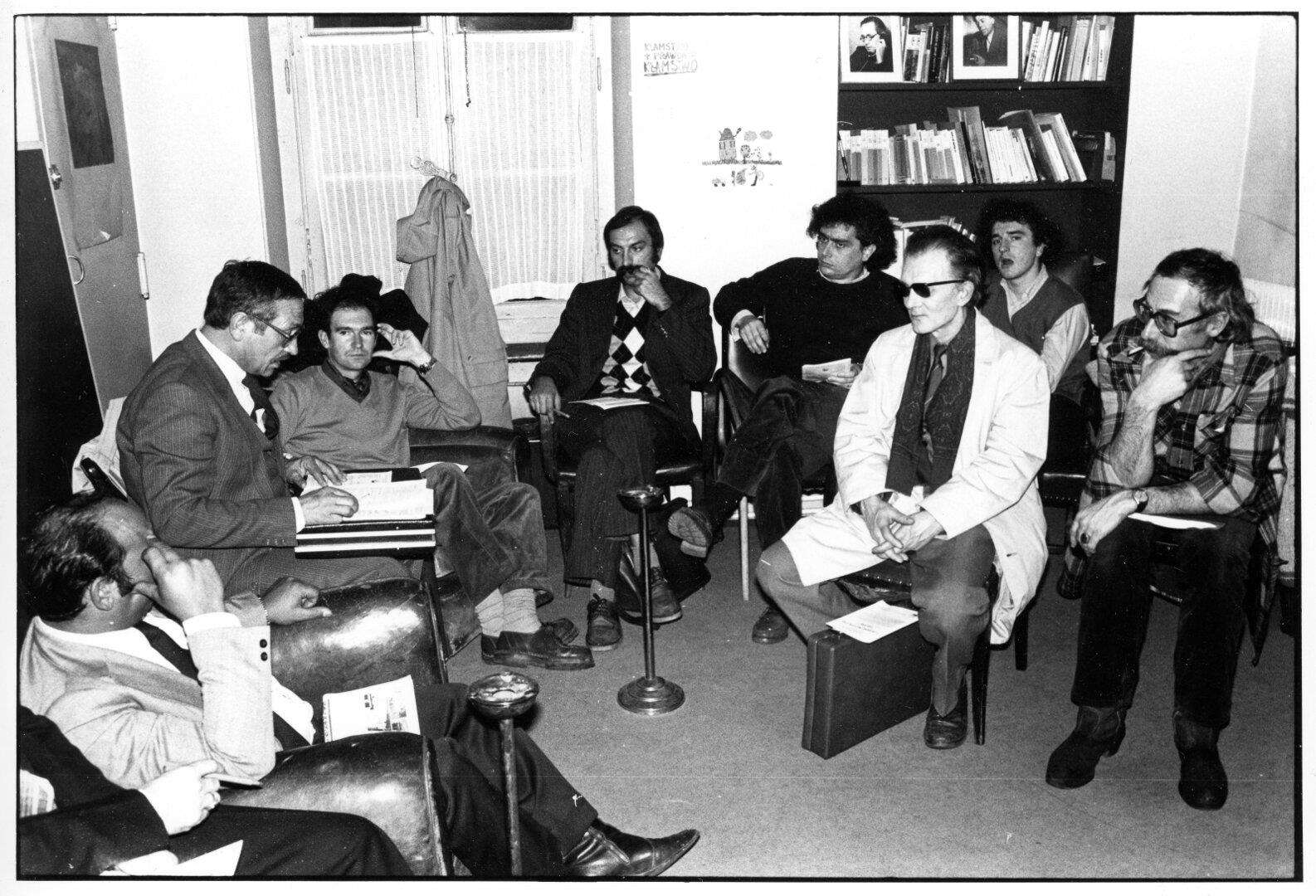The struggle for Roma civil rights is the latest phase in the politics of Romani survival which has been going on for a thousand years through different local manifestations of feudalism and imperialism. Although we can trace the beginning of modern Roma ethnic mobilisation to the 19th century, it is only in 1945 after the defeat of Nazi racism and the interruption of the Nazi genocide that the modern Roma Civil Rights movement appears, spurred on by the global struggle against colonialism.
Much remains to be done in all areas of struggle against discrimination, but without in any way being comprehensive we are able to bring in selected local narratives remarkable examples which illustrate the progress the last two generations of Roma activists and community leaders have made. We have tried to fit this in to a post-1945 time-line relating Roma progress to general social change.
The modern recognition of Romani rights has been a long, hard-fought series of campaigns, set-backs and victories, with much still to achieve in terms of women’s rights and those of children and young people.





